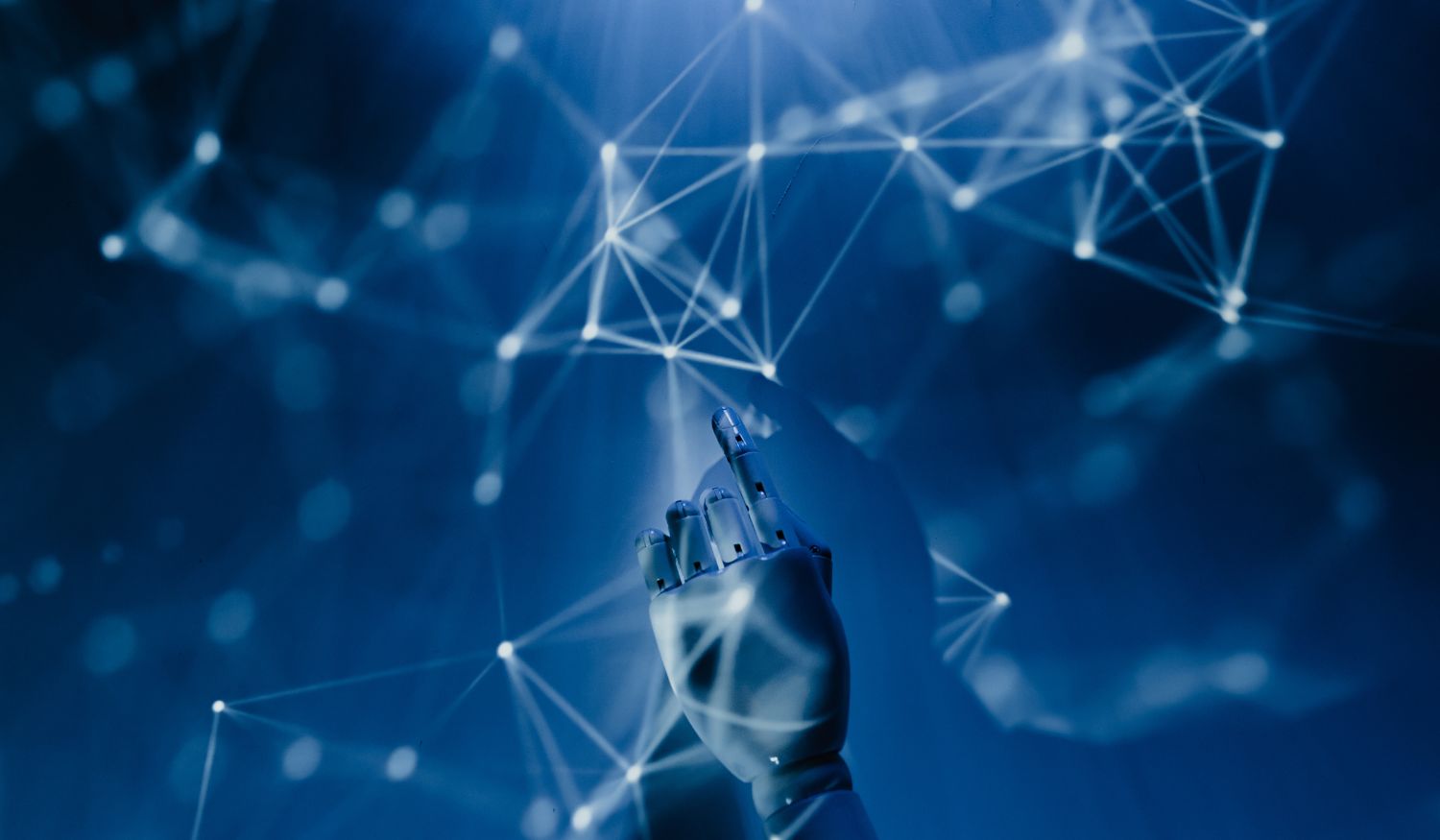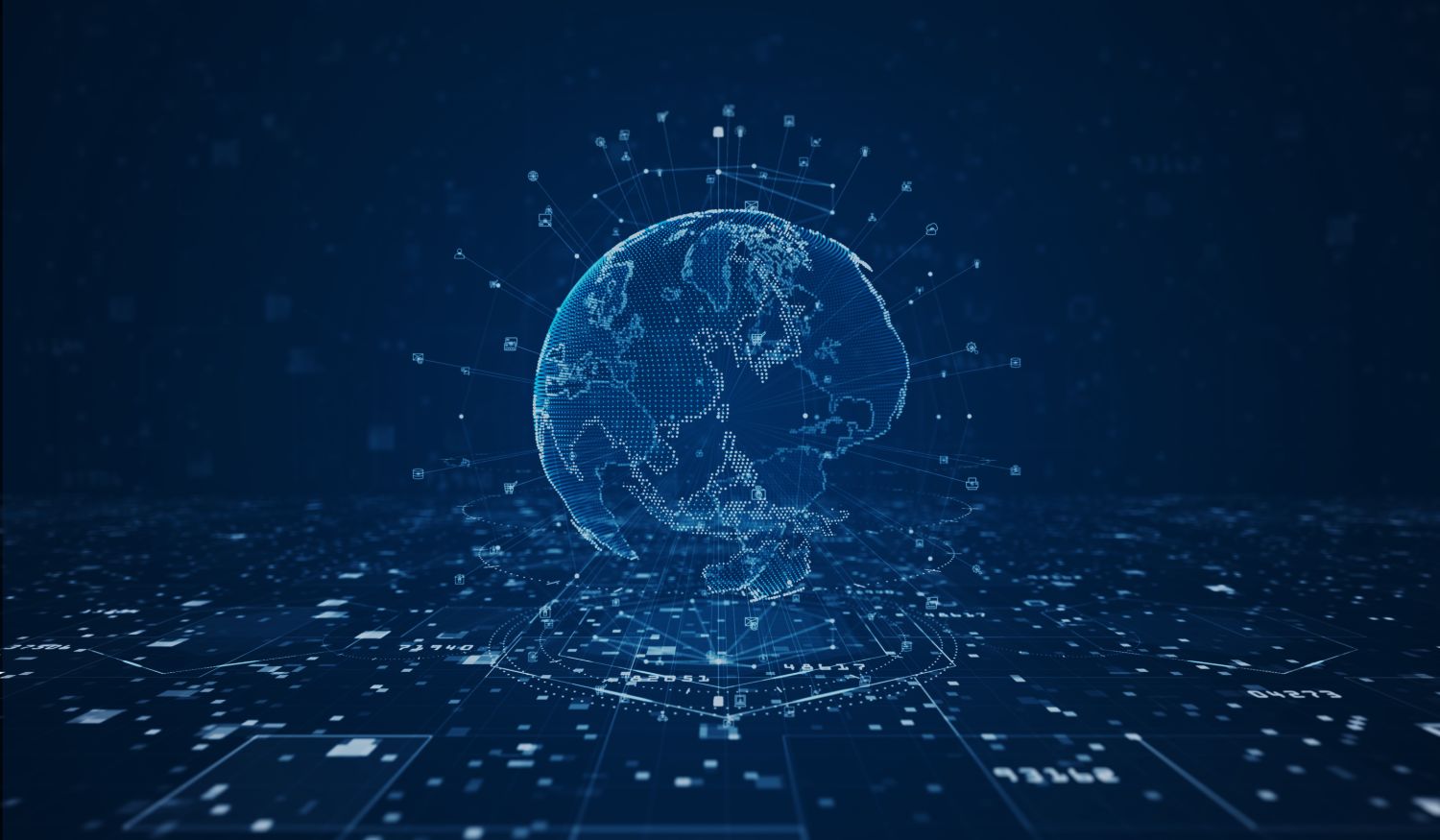Artificial Intelligence (AI) serves as a powerful transformational element across numerous industries while cybersecurity stands as one of these fields. Both cybersecurity professionals and those who aspire to this field feel a mix of enthusiasm and doubt when considering the impact of AI. Many people wonder: The ongoing development of AI technology presents a choice between eliminating cybersecurity positions or unlocking new professional opportunities for cybersecurity experts.
We will examine the relationship between AI and cybersecurity careers from a balanced perspective showing their mutual impact as well as their potential synergies.
AI and Cybersecurity: The Big Picture
We need to start by confronting the obvious issue up front. AI technology now enables the automation of certain security tasks which were once performed by human cybersecurity experts. AI-powered tools execute routine cybersecurity tasks such as anomaly detection and log analysis with high efficiency. The immediate perception of this automation technology shows a potential risk to entry-level cybersecurity positions. AI transforms cybersecurity roles by creating new opportunities for professionals to engage in more complex and strategic work rather than eliminating existing jobs.
How AI Enhances Cybersecurity
AI delivers substantial and multiple benefits to the field of cybersecurity. Here are some standout examples:
- Advanced Threat Detection and Response: AI systems enable cybersecurity teams to identify complex threats immediately through pattern recognition which human analysts would require much more time to process. Security teams can now react quickly and effectively with this assistance.
- Predictive Analysis and Proactive Defence: AI systems enable cybersecurity professionals to stop threats before they materialize by predicting vulnerabilities and attack patterns instead of responding after an incident occurs.
- Efficient Automation of Routine Tasks: The automation of repetitive functions like alert monitoring and patch management through AI enables cybersecurity professionals to dedicate their time to strategic activities such as threat analysis and systems architecture.
- Enhanced Decision-Making: Through AI-generated detailed analytics and insights cybersecurity teams gain the necessary tools to fast-track their data-driven decision-making with accuracy.
New Cybersecurity Roles Created by AI
AI serves as a foundation for cybersecurity professionals to pursue innovative and exciting career opportunities. The development of AI integration has led to the creation of several new professional roles including:
- AI Security Analysts: These specialists operate AI cybersecurity tools to optimize their capabilities for effective real-time threat detection and response.
- Ethical AI Auditors: The expansion of artificial intelligence applications brings about heightened worries related to ethical practices and transparency standards. Ethical AI auditors focus on verifying the compliance of AI systems with ethical standards and data privacy laws.
- AI Security Architects: AI Security Architects develop secure systems for AI applications and create strong protective measures to combat AI threats while supporting organisations in implementing AI solutions within their cybersecurity infrastructure.
- AI Forensics Experts: The growing prevalence of AI will require digital forensics specialists who focus on AI systems to investigate cyber incidents involving AI technology.
Collaboration Between Humans and AI
The future will involve AI systems operating in conjunction with human beings rather than standing as adversaries. The success of cybersecurity depends on merging human innovation with the precise capabilities of artificial intelligence. AI systems can process large amounts of data quickly, detect patterns and execute repetitive tasks but they do not possess human intuition or ethical decision-making abilities.
Cybersecurity professionals who master effective AI utilization can establish themselves as distinctive industry leaders while securing substantial competitive advantages. Organisations aiming to leverage both technology and human skills will find professionals who adopt collaborative methods as indispensable assets.
Preparing for an AI-Driven Cybersecurity Career
Aspiring cybersecurity professionals or those seeking to transition their careers due to AI technological progress should take several intentional actions.
- Continuous Learning and Upskilling: Keep up-to-date with recent advances in AI technology and cybersecurity measures. Maintain consistent training schedules while pursuing credentials that cover AI and machine learning topics.
- Embrace a Growth Mindset: Be flexible and open-minded about technological advancements. AI should be seen as an empowering instrument that boosts your professional abilities and broadens your career prospects.
- Seek AI-Focused Training and Certifications: A variety of established industry certifications and training programs now focus specifically on teaching AI integration in cybersecurity along with AI ethics and AI governance. Obtaining these certifications will greatly enhance your job market value.
- Networking and Community Engagement: Join cybersecurity communities and attend their events and forums to engage actively. Engaging with professional networks helps understand peer practices for AI integration in cybersecurity while creating new career opportunities.
Real-World Examples of AI Integration in Cybersecurity
Below are several real-world examples that demonstrate how AI is revolutionizing cybersecurity practices.
- Endpoint Security: Endpoint protection platforms driven by AI technologies use machine learning algorithms and behavioural analytics to detect and remediate threats on their own while also blocking them which leads to much faster response times.
- Security Operations Centres (SOCs): AI supports SOC operations by automating the tasks of log analysis and threat detection which lightens the workload of human analysts and allows them to dedicate time to complex threat investigations.
- Phishing Detection and Prevention: AI systems detect phishing attempts by analysing malicious patterns in electronic communications and user actions to significantly lower attack success rates.
Challenges and Ethical Considerations
While there have been positive advancements in cybersecurity through AI integration these advancements bring about specific challenges. Securing AI systems and maintaining their unbiased nature stands as a primary concern. Cybersecurity professionals need to operate diligently to minimize risks related to algorithmic bias together with data privacy concerns and emerging AI-based cyber threats. This highlights the critical role of ethical AI practices and governance within the cybersecurity field.
Final Thoughts
The integration of AI into cybersecurity creates more dynamic and meaningful job prospects rather than decreasing opportunities. AI advancements in cybersecurity are shifting professional duties from repetitive jobs to strategic analytical and creative positions. Cybersecurity experts who prepare ahead and engage collaboratively will find success in AI-integrated work settings.
The collaboration between cybersecurity experts and AI systems leads to better security results while also creating more fulfilling career trajectories. The use of AI in cybersecurity has become an essential requirement to ensure future success in the field.
Share this
You May Also Like
These Related Stories

Opportunities & Risks in AI: What Every CISO Should Know

Artificial Intelligence Driven Entropy Model: Revolutionizing Cybersecurity Defense


